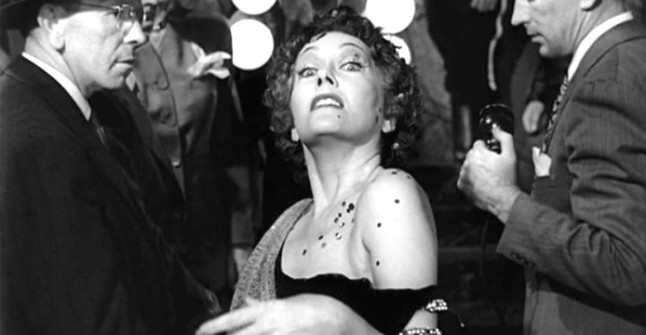Well ladies and gentlemen, I can’t speak for Matt, but when we started this podcast one year ago, I wasn’t sure what it would become. I didn’t know if it would be just us talking to the ether, finding an audience exclusively among our friends and parents, or if it would actually be (what we refer to in the industry as) “a thing.”
12 months removed from our first episode where we reviewed MAD MAX FURY ROAD, I can say with some degree of assurance that THE NIGHTHAWKS PODCAST is “a thing.” This is due in no small measure to all of our listeners. From those regulars who have been listening since the beginning to the people who will undoubtedly listen to this as their first episode. We cannot thank you enough for lending an ear to our endeavor.
This wouldn’t be fun if we were talking to nobody, and we likely would have given up long ago. So… thank you for allowing that not to happen. The podcast continues to grow and evolve, and we still want that feedback. Let us know what you’d like to see in the year to come.
What better way to ring in the NIGHTHAWKS new year than by relaxing with a good movie. And what better movie than a movie about the movies? SUNSET BOULEVARD (or “SUNSET BLVD,” depending on who you ask) is Billy Wilder’s acerbic critique of the darker side of fame, Hollywood, and the film industry. William Holden plays Joe Gillis, a down and out writer who finds himself tangled in the web of Norma Desmond, a once great actress who is clawing the walls trying not to be lost in a world that has forgotten her.
A cast of actors (playing themselves, a version of themselves, or a composite of their colleagues) bring the stark and fascinating world of 1950s Sunset Boulevard to life. No stranger to West Hollywood, we’ve discussed the neighborhood before, see Episode 4, Episode 5, and Episode 24.
But this isn’t the rambunctious sunset strip of the 60s, this is the tail end of a gilded age for Hollywood where the tarnish of reality is beginning to show around the edges.
Matt and Trevor discuss why the movie resonated so strongly then, and why (tragically) it still resonates today. One thing is for certain: we’ll never forget Norma Desmond.

Recent Comments